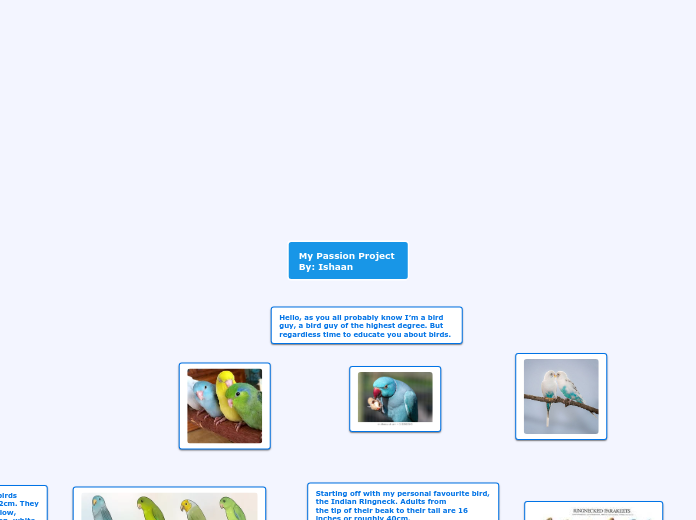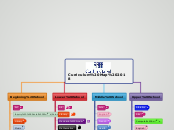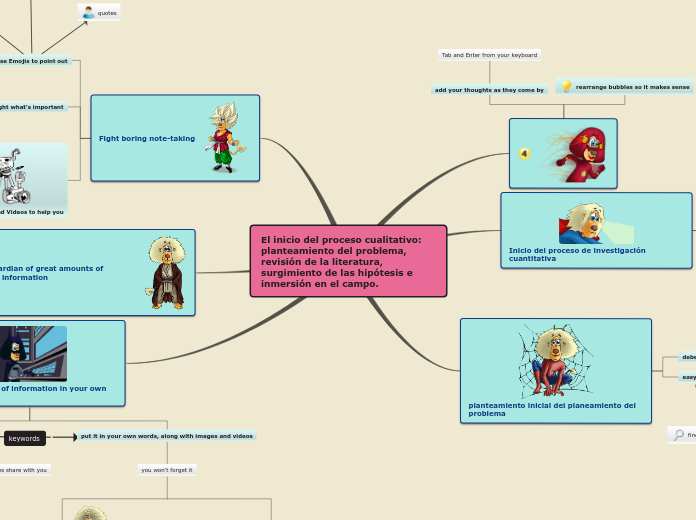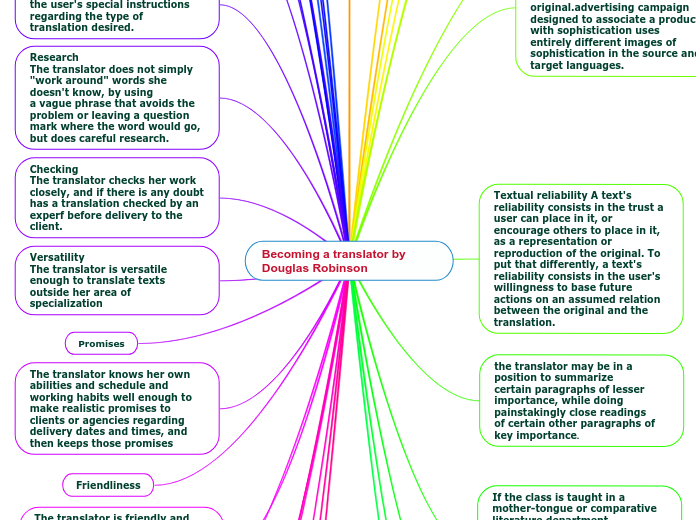av Josan Ishaandeep 5 år siden
501
My Passion Project By: Ishaan

av Josan Ishaandeep 5 år siden
501

Mer som dette


Ved Daisy Steele


Ved amany elghamry


Ved Leyla Izaguirre


Ved Devis Santiago Cortes Sanchez